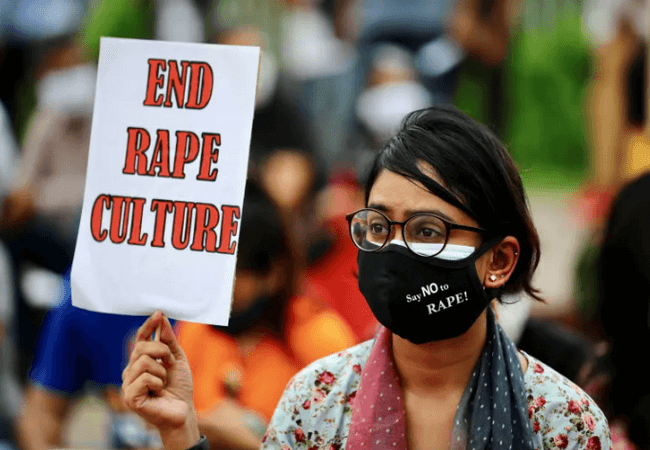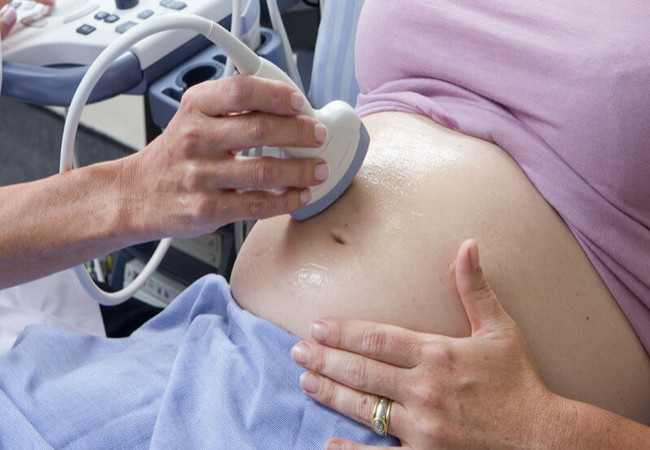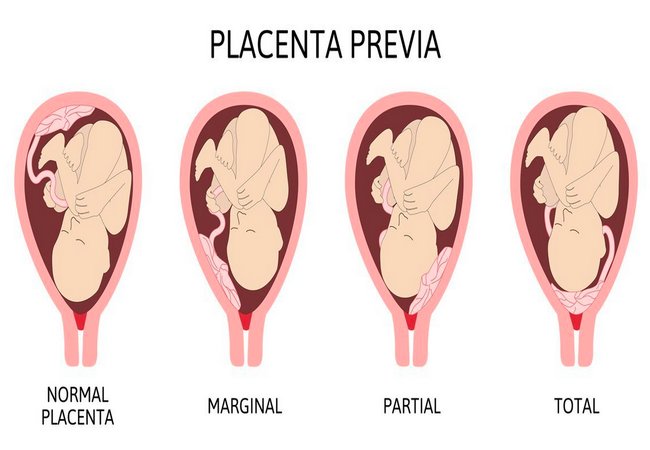Sign, Symptoms, Causes and Prevention of Rape
Definition of Rape:
Rape is a type of sexual assault usually involving sexual intercourse or other forms of sexual penetration carried out against a person without that person’s consent.

Rape is defined as “unlawful sexual intercourse or any other sexual penetration of the vagina, anus, or mouth of another person, with or without force, by a sex organ, other body part, or foreign object, without the consent of the victim”.
Main Causes of Rape:
It includes the following:
- Dealing with rejection,
- Feeling superior to women,
- Expression of power,
- Revenge,
- Psychological problems,
- Blaming provocative clothing,
- Acceptance of domestic violence,
- A lack of public safety,
- Stigmatizing the victim,
- Encouraging rape victims to compromise,
- Few convictions,
- A sluggish court systems,
- Low status of women.
Signs and Symptoms of Rape:
Physical Symptoms of Rape:
- Immediately after a rape, survivors often experience shock. They are likely to feel cold, faint, become mentally confused (disorientated), tremble, feel nauseous and sometimes vomit.
- Pregnancy.
- Gynecological problems. Irregular, heavier and/or painful periods. Vaginal discharges, bladder infections. Sexually transmitted diseases.
- Bleeding and/or infections from tears or cuts in the vagina or rectum.
- A soreness of the body, There may also be bruising, grazes, cuts or other injuries.
- Nausea and/or vomiting.
- Throat irritations and/or soreness due to forced oral sex.
- Tension headaches.
- Pain in the lower back and/or in the stomach.
- Sleep disturbances. This may be difficulty in sleeping or feeling exhausted and needing to sleep more than usual.
- Eating disturbances. This may be not eating or eating less or needing to eat more than usual.
Behavioral Symptoms of Rape:
- Crying more than usual.
- Difficulty concentrating.
- Being restless, agitated and unable to relax or feeling listless and unmotivated.
- Not wanting to be alone.
- Being very alert and watchful.
- Relationship problems, with family, friends, lovers and spouses.
- Fear of sex, loss of interest in sex or loss of sexual pleasure.
Psychological Symptoms of Rape:
- Increased fear and anxiety,
- Self-blame and guilt,
- Helplessness, no longer feeling in control of your life,
- Lowering of self-esteem,
- Anger,
- Feeling alone and that no one understands,
- Losing hope in the future,
- Emotional numbness,
- Constantly thinking about the rape,
- Nightmares,
- Depression,
- Becoming suicidal.
Prevention Tips of Rape:
Ten rape prevention tips:
- Don’t put drugs in women’s drinks.
- When you see a woman walking by herself, leave her alone.
- If you pull over to help a woman whose car has broken down, remember not to rape her.
- If you are in an elevator and a woman gets in, don’t rape her.
- When you encounter a woman who is asleep, the safest course of action is to not rape her
- Never creep into a woman’s home through an unlocked door or window, or spring out at her from between parked cars, or rape her.
- Remember, people go to the laundry room to do their laundry. Do not attempt to molest someone who is alone in a laundry room.
- Use the Buddy System. If it is inconvenient tor you to stop yourself from raping women, ask a trusted friend to accompany you at all times.
- Carry a rape whistle. If you find that you are about to rape someone, blow the whistle until someone comes to stop you.
- Don’t forget: Honesty is the best policy. When asking a woman out on a date, don’t pretend that you are interested in her as a person: tell her straight up that you expect to be raping her later. If you don’t communicate your intentions, the woman may take it as a sign that you do not plan to rape her.











